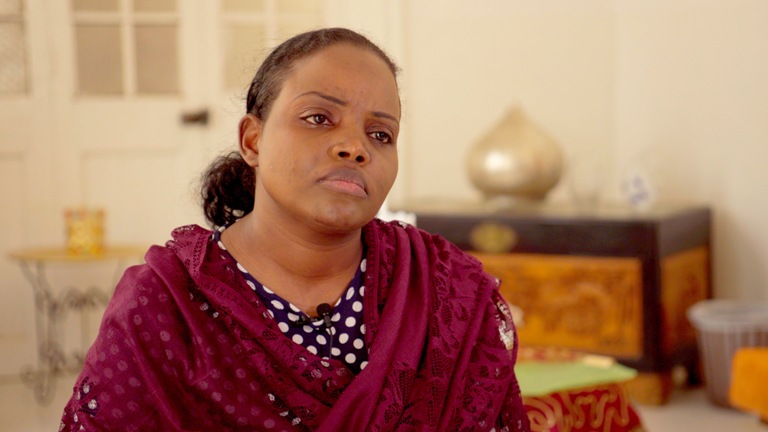Sudan ramps up efforts to combat abuse against displaced women
May 7, 2024 (PORT SUDAN) – To combat the ongoing violence against women and girls in shelters, Sudan’s Ministry of Social Development’s Unit for Combating Violence against Children and Women is launching a training initiative for shelter staff.
A report from UN Women on April 14 highlighted that women and girls represent 53% of the 6.7 million displaced individuals across Sudan, scattered across over 7,000 locales.
Recently, the Sons of Shendi Initiative for Relief for War Victims filed a lawsuit against a displaced woman who reported instances of corruption, resource misallocation, and coercive food distribution at a shelter located in northern Sudan’s Nile River state to the head of the Sovereign Council.
Salima Ishaq, director of the unit, conveyed to the Sudan Tribune the importance of centralising control of shelter centres under trained social workers from the Ministry. “There is a crucial need for the training of shelter officials on safeguarding women from sexual exploitation and abuse, particularly in their vulnerable state amid displacement,” Ishaq stated.
She emphasised the necessity of establishing vigilant monitoring and protection systems within these centres to prevent any further violations against women, who have already suffered enough from the impacts of war.
Ishaq also discussed the broader socio-economic impacts of conflict on women with Vice President of the Sovereignty Council, Malik Agar, in Port Sudan. The conflict exacerbates women’s marginalization and diminishes their access to livelihood opportunities, often driving them towards dangerous conditions in their quest for survival.
Furthering her commitment, Ishaq announced upcoming meetings with the Minister of Interior and the Attorney General to focus on addressing and litigating the violations against women and girls. “Numerous complaints about exploitation and abuse have been reported, yet the lack of formal criminal charges means these crimes often remain unaddressed,” she explained.
In a statement, Agar urged for the activation of laws and international conventions to better protect women, particularly in displacement and refugee settings, and called for a societal shift in attitudes and awareness towards violence against women.
Ishaq also advocated for improved coordination among government and community organisations to enhance the protection of women and girls in conflict zones, emphasising their susceptibility to exploitation while receiving essential services.

